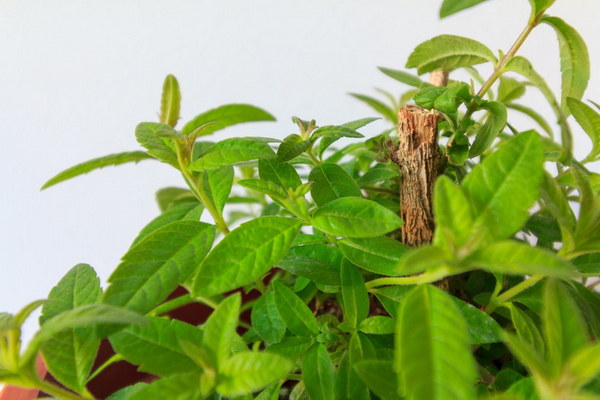Enhancing Liver Health The Potential of Thin-Capped Reishi Mushroom
In recent years, the health benefits of mushrooms have been extensively studied, and among them, the Thin-Capped Reishi Mushroom (Ganoderma lucidum) has emerged as a promising natural remedy for liver health. Known for its potent antioxidant properties and immune-boosting effects, this mushroom has been a staple in traditional Chinese medicine for centuries. This article delves into the science behind Thin-Capped Reishi Mushroom's liver-protective properties and explores its potential as a natural treatment for liver-related conditions.
The liver plays a vital role in maintaining overall health by filtering toxins, producing bile, and metabolizing nutrients. However, due to lifestyle factors, exposure to environmental toxins, and other health conditions, the liver can become compromised. This is where Thin-Capped Reishi Mushroom comes into play, offering a natural and safe alternative for liver support.
One of the key components of Thin-Capped Reishi Mushroom is ganoderic acid, a potent triterpenoid that has been shown to have liver-protective effects. Ganoderic acid helps to reduce liver inflammation and promote the regeneration of liver cells, which is crucial for maintaining liver health. Additionally, the mushroom contains polysaccharides, such as beta-glucans, which have been found to enhance the immune system and support liver function.
Numerous studies have investigated the liver-protective properties of Thin-Capped Reishi Mushroom. A study published in the journal Phytomedicine found that Ganoderma lucidum extract was effective in reducing liver damage caused by CCl4, a toxic chemical compound. The study showed that the mushroom extract significantly reduced liver inflammation and improved liver function in the test subjects.
Another study published in the Journal of Ethnopharmacology examined the effects of Thin-Capped Reishi Mushroom on liver fibrosis, a condition characterized by the formation of excessive connective tissue in the liver. The researchers found that the mushroom extract was effective in reducing liver fibrosis, which suggests its potential as a treatment for liver diseases such as cirrhosis.

Apart from its direct liver-protective effects, Thin-Capped Reishi Mushroom has also been shown to have a positive impact on other aspects of liver health. For instance, the mushroom can help reduce oxidative stress, which is a major factor in the development of liver disease. Oxidative stress occurs when there is an imbalance between the production of free radicals and the body's ability to neutralize them. This imbalance can lead to cellular damage, including liver cell damage.
Moreover, Thin-Capped Reishi Mushroom has been found to have anti-inflammatory effects, which can help alleviate the symptoms of liver diseases such as hepatitis and cirrhosis. By reducing inflammation, the mushroom can help improve liver function and overall health.
While the evidence supporting the liver-protective properties of Thin-Capped Reishi Mushroom is promising, it's important to note that more research is needed to fully understand its potential and ensure its safety for long-term use. However, given the mushroom's history of use in traditional medicine and the growing body of scientific evidence, it is worth considering as a complementary treatment for liver-related conditions.
If you are considering incorporating Thin-Capped Reishi Mushroom into your liver health regimen, it is essential to consult with a healthcare professional first. This is especially important if you have pre-existing liver conditions or are taking other medications, as interactions with these substances may occur.
In conclusion, Thin-Capped Reishi Mushroom shows great promise as a natural treatment for liver health. With its potent antioxidant and immune-boosting properties, this mushroom may offer a safe and effective way to support liver function and prevent liver-related conditions. As research continues to unravel the mysteries of this medicinal mushroom, its potential as a liver-protective agent is likely to grow, making it a valuable addition to the arsenal of natural remedies for maintaining a healthy liver.









